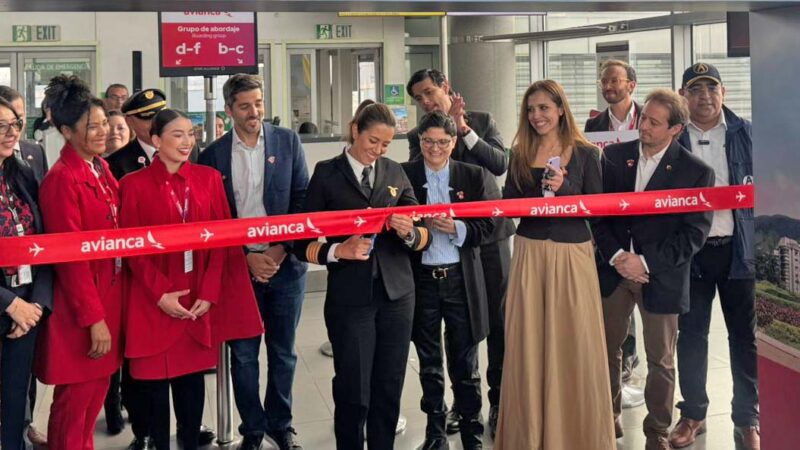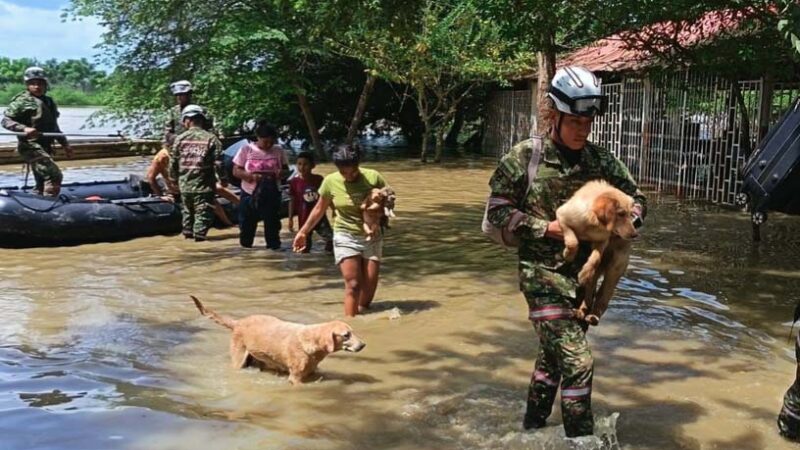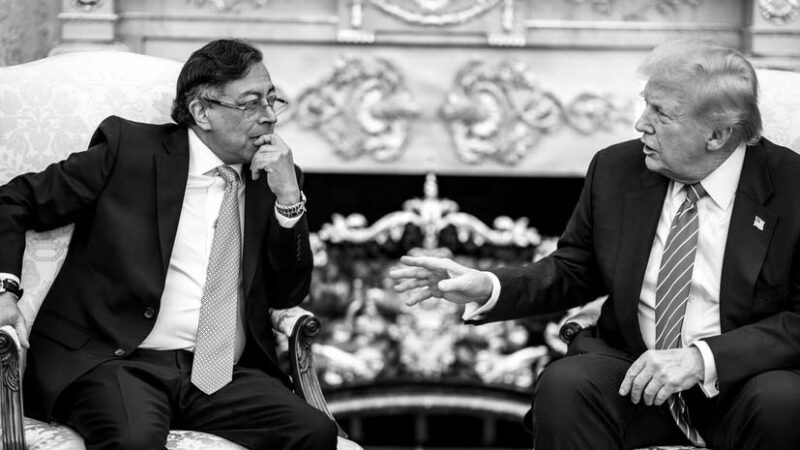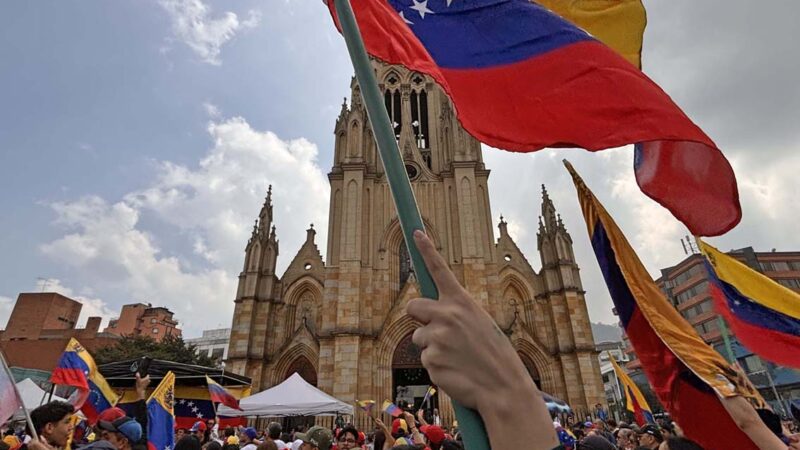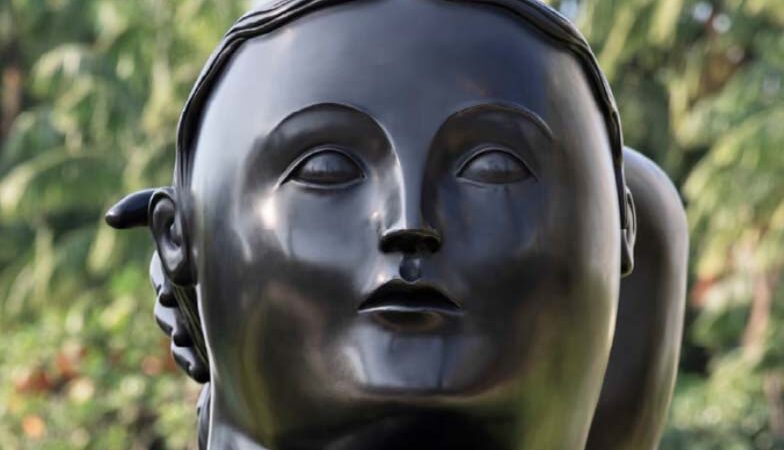
The defense team of former Colombian President Álvaro Uribe Vélez has issued a sharp condemnation of the judicial process that led to his conviction on three accounts of procedural fraud and witness tampering, calling the case a “textbook example of lawfare” marked by political interference, illegal surveillance, and systematic violations of due process.
Uribe, 73, was found guilty Monday by Judge Sandra Heredia, becoming the first former president in Colombia’s history to be convicted at trial. Heredia is expected to deliver the sentence at 2:00 pm on Friday. Uribe’s legal team has vowed to appeal, arguing that the case was politically-motivated and manipulated by persons aligned with the far left and sympathizers of the former Revolutionary Armed Forces of Colombia (FARC) guerrilla.
“This case never should have gone to trial,” said attorney Juan Felipe Amaya. “We are witnessing the collapse of due process under pressure from political interests. The decision was already written before we entered the courtroom.”
Uribe’s legal troubles began in 2012, when he filed a complaint against Senator Iván Cepeda, accusing him of pressuring prison inmates to falsely link his past as a cattle rancher to the formation of a United Self-Defense (AUC) paramilitary group – Bloque Metro – in the department of Antioquia. But in 2018, the Supreme Court dismissed the complaint and instead opened an investigation against Uribe – despite having lost jurisdiction over such cases due to Constitutional Amendment 01 passed that same year. “The entire case rests on a procedural irregularity,” the defense said. “The court acted without legal standing.”
Central to the case is the testimony of Juan Guillermo Monsalve, a convicted kidnapper serving a 20-year sentence in Bogotá’s La Picota maximum security prison. Monsalve became Cepeda’s key witness. According to the defense, Cepeda personally visited Monsalve and other inmates, offering benefits such as improved conditions, legal support, and transfers. While Cepeda has described the visits as part of a “humanitarian mission,” Uribe’s defense rejects that claim and says Monsalve’s testimony was obtained under duress and false promises, including political exile.
Among the most serious allegations, Uribe’s defense claims that his phone was wiretapped illegally as part of a separate investigation, and that privileged attorney-client conversations were later introduced as evidence in the trial. “These were not only illegal wiretaps – they were unconstitutional violations of privacy and legal representation,” said Jaime Granados, one of Colombia’s most respected criminal defense attorneys and head of Uribe’s legal team.
In 2020, Uribe was placed under house arrest without a formal indictment or the benefit of a hearing before a neutral judge, which the defense argues constituted a blatant breach of Colombian and international legal norms.
The defense has pointed to a web of conflicts of interest and alleged judicial bias. César Reyes, the first magistrate to investigate Uribe, had previously worked with Cepeda’s wife on a USAID-funded justice program during the Juan Manuel Santos administration – the government that forged the 2016 Peace Accord with FARC, and which Uribe has staunchly opposed. Reyes never recused himself.
Judge Heredia, who issued the guilty verdict, has been accused of overt partiality. She reportedly denied Uribe’s defense team access to critical digital evidence and adequate time to prepare, and rejected a formal motion for her recusal. The defense alleges that Heredia is now seeking a position in the Attorney General’s Office, currently led by a Petro-appointed prosecutor. Notably, the AG’s office reversed its previous stance on the case one month after the new attorney general took office. “These are not technicalities,” said Granados. “They are structural violations that invalidate the integrity of the entire proceeding.”
The defense cites several violations, including:
- Secret proceedings: The Supreme Court collected over 30 witness statements in secret, without defense participation.
- Unchallenged testimony: Key witnesses, including Monsalve, were never cross-examined.
- Suppressed evidence: Judge Heredia denied discovery and blocked the defense’s access to digital forensic material.
- Illegal surveillance: Communications between Uribe and his legal team were intercepted without judicial authorization.
The ruling has sparked a maestrom of political reaction in Colombia and from political leaders around the world. Colombian Senator María Fernanda Cabal, a leading presidential candidate from Uribe’s Centro Democrático party, denounced the trial as deeply flawed.
“What transpired during the nine hours of the hearing to read the sentence against former President Álvaro Uribe leaves more questions than legal certainties,” she said. “It was a presentation that, far from conveying impartiality, seemed like a political statement, or a sentence written by the alleged victims, all political enemies of former President Uribe.”
Cabal further criticized the court’s reliance on contested evidence: “It is unacceptable that validity is given to tainted evidence such as wiretaps of former President Uribe and a spy watch, while figures like Monsalve are exalted as civilian heroes. The judge did not hide her sympathy for Iván Cepeda… She even unreservedly supported his prison visits, despite the questions surrounding that conduct.”
Former President Iván Duque also came to Uribe’s defense, stating: “The ruling against former President Uribe Vélez lacks definitive evidence and is based on illegal interceptions, unreliable witnesses, and serious procedural irregularities. There is no criminal apparatus whatsoever. Uribe is innocent and has the support of millions of Colombians.”
International support has poured in as well. Venezuelan opposition leader María Corina Machado offered solidarity, drawing parallels to her country’s own political persecution. “President Uribe, in these very tough and complex times you are facing, I send you all my solidarity, trust, and affection,” she wrote. “You have been a genuine ally of democracy and freedom in Venezuela. There will be no peace in Colombia without freedom in Venezuela.”
The Uribe case has become a defining moment for Colombia’s justice system and a flashpoint in the country’s increasingly polarized politics. “This is not justice, this is lawfare,” Granados said. “A democratic society cannot function when courts are weaponized for political vendettas.”
Senator Iván Cepeda’s comments outside the courthouse were directed at the future of Colombia’s most galvanizing political figure: “The day of justice has arrived. Despite immense political and media pressure, Judge Heredia has upheld – perhaps for the first time – the principle that no one can defy the rule of law and the Constitution with impunity. This is a fundamental principle of democracy, one that until now had not been applied to those at the highest levels of state power.”
He went on to claim: “The authoritarian model has been frustrated, in large part thanks to the resolve and dignity of the judiciary: women judges, women prosecutors, magistrates, lawyers, and victims have all stood up to defend the dignity of this country.”
Ex-FARC’s last commander Rodrigo Londoño, and known by his wartime alias “Timochenko,” also expressed support for Cepeda: “The conviction against Uribe is a milestone that marks a change of era in Colombia. The country cannot be a lawless land for the powerful. The nation must support justice so that historical and judicial truth serve as the foundation for non-repetition and reconciliation.”
For political commentator Alfredo Rangel, the outcome reflects a deep institutional crisis: “The unjust and absurd conviction of Uribe proves the leftist politicization of a significant sector of Colombian justice. The majority of the country rejects and laments this blatant arbitrariness.” He went on to affirm that Monday “was a dark day for Colombia.”
Share this story
Richard Emblin
Richard Emblin is the director of The City Paper.





